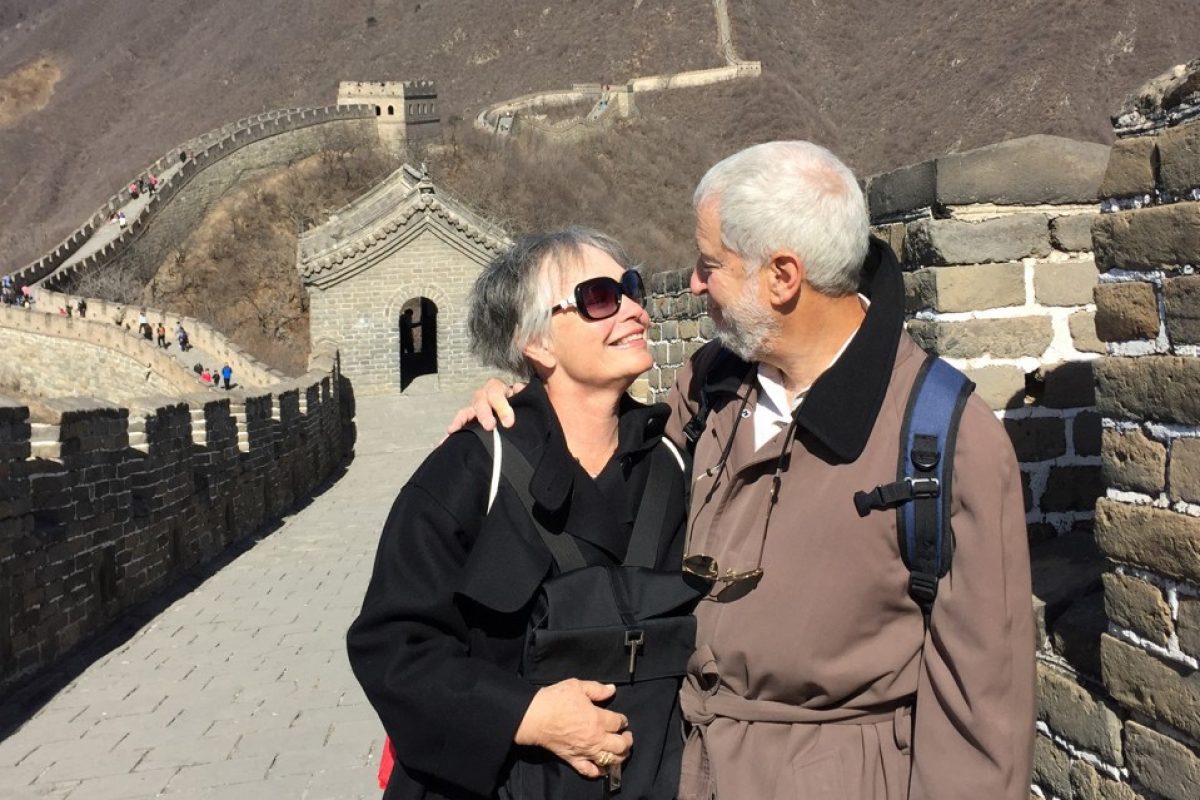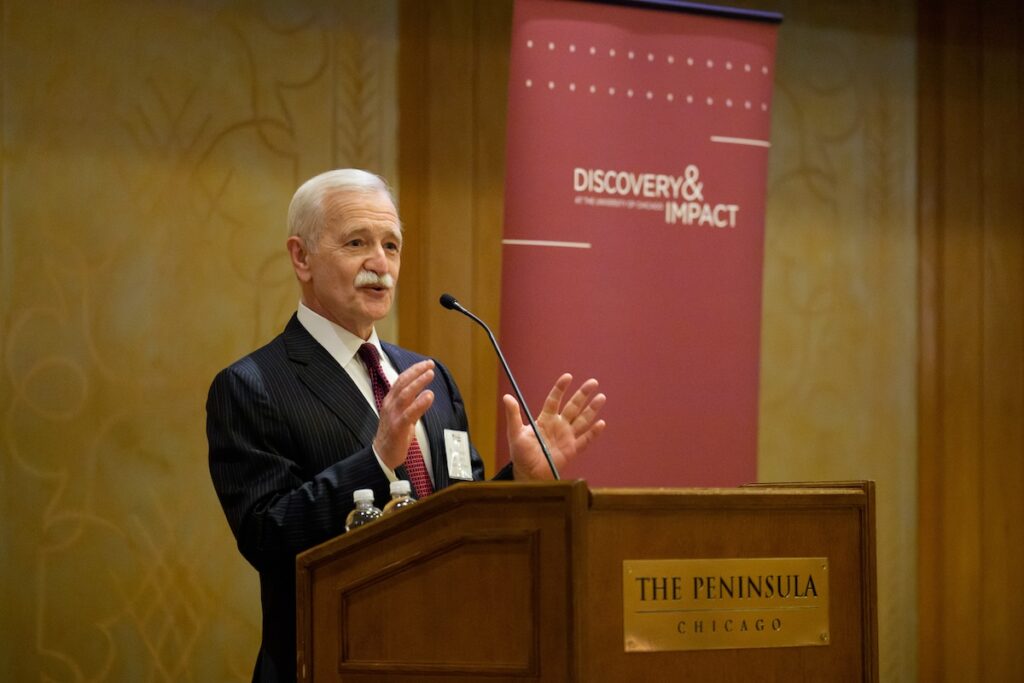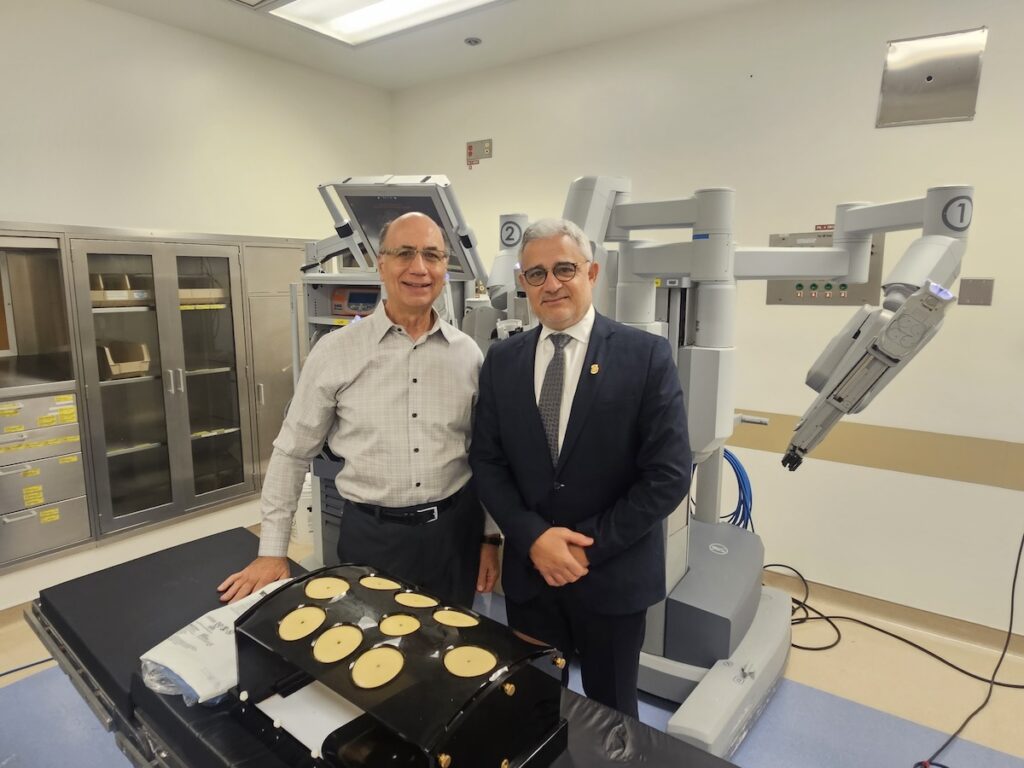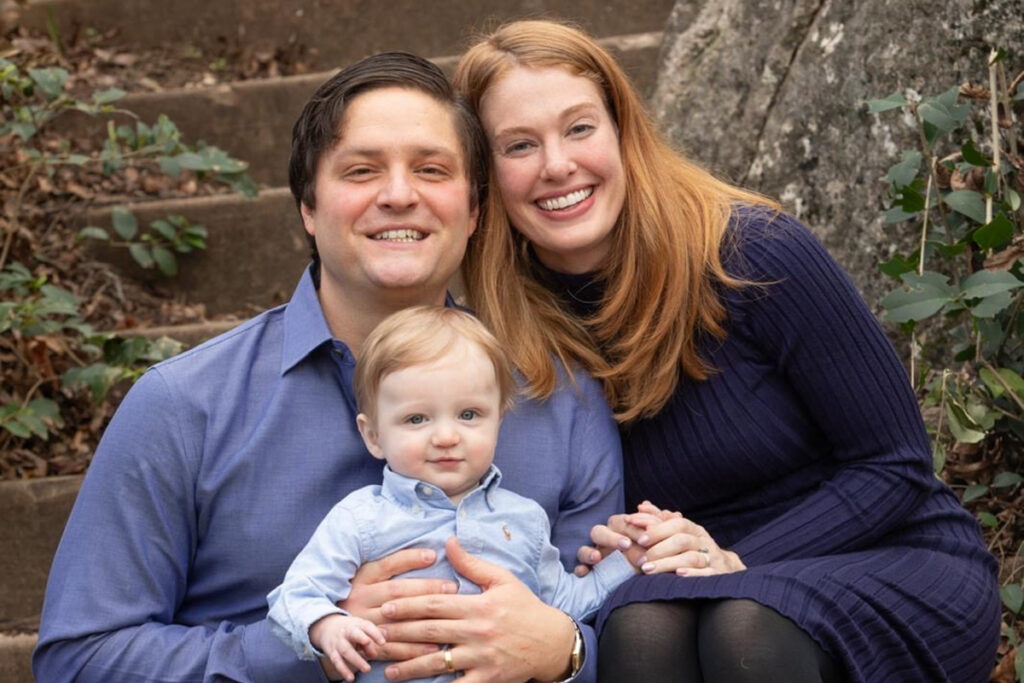Family creates training seminar to honor son
In 1982, in a suburban Chicago delivery room, Beverly and Jason Kravitt received devastating news. In rushed, unfeeling words, hospital staff told them that their infant son, Cameron, did not have a heartbeat. After giving birth to her stillborn son, Beverly was only allowed to hold him for a few minutes before he was whisked away.
Each year about 24,000 babies are stillborn in the United States. For the families affected, it is a deeply painful loss. In the Kravitt family’s case, their grief was intensified by how they were treated by their doctors and nursing staff.
The Kravitts decided to turn their grief into something positive by establishing the Cameron Kravitt Foundation, with the goal of providing doctors and other health care professionals with the training necessary to learn how to communicate with parents coping with the loss of a child.
The foundation’s gift of about $90,000 to the University of Chicago Medicine Comer Children’s Hospital will create a seminar to train pediatric and obstetrics and gynecology residents on empathetic communication.
“We couldn’t change the fact that Cameron died, but we could change the way other families experience such loss,” Jason said.
The Cameron Kravitt Death and Bereavement Seminar will start in January 2020 at UChicago Medicine and will give residents the opportunity to practice having these difficult conversations with compassion. Residents will work with trained actors portraying the role of parents in different scenarios involving the death of a child.
“Grief is pretty consistent with any family you talk to who has lost a child,” Beverly said. “But the way a doctor communicates the death can make a tremendous difference in how the family moves on and attempts to deal with the loss.”
The full-day seminar will be codirected by Alisa McQueen, MD, associate professor of pediatrics and program director of the pediatric residency training program, and K. Sarah Hoehn, MD, MBe, associate professor of pediatrics and medical director for pediatric palliative care services.
“It is very difficult to express the appropriate level of empathy and know the right words to use when communicating with families who have lost a child, unless you have had a chance to practice it before,” Dr. McQueen said. “I think the seminar will be a wonderful gift for our residents to allow them to stumble through this process with actors and prepare to have these types of conversations down the road with actual parents.”
At the start of the seminar, Jason will share Cameron’s story to help residents understand what a grieving family goes through emotionally.
Originally developed in 1996 at Johns Hopkins Hospital in Baltimore, Maryland, the Kravitt seminar has expanded over the years to prominent academic medical centers across the country and even internationally. Comer Children’s Hospital will be the fifth hospital to host a Kravitt seminar and the first to offer it to obstetrics and gynecology residents.
For the Kravitt family, who now reside in Honolulu, Hawaii, hosting a seminar at Comer Children’s allows them to return to Chicago to honor their son, and continue to raise awareness of the importance of compassion and to revolutionize the culture of empathetic communication in health care delivery. For residents trained at UChicago Medicine, the seminar helps them deliver compassionate care throughout their career and prepares them to communicate effectively in the most difficult moments for a family and doctor.
The Kravitt foundation already plans to expand the program for residents to 25 hospitals in the next five years throughout the US.
“Cameron’s death was an atomic bomb that went off in our hearts, but being able to help reduce suffering among other families is a gift,” Jason said.
Without the foundation’s generous support, the seminar at Comer Children’s would not be possible. Make a gift today to support critical programming at Comer Children’s.
Published October 2019




